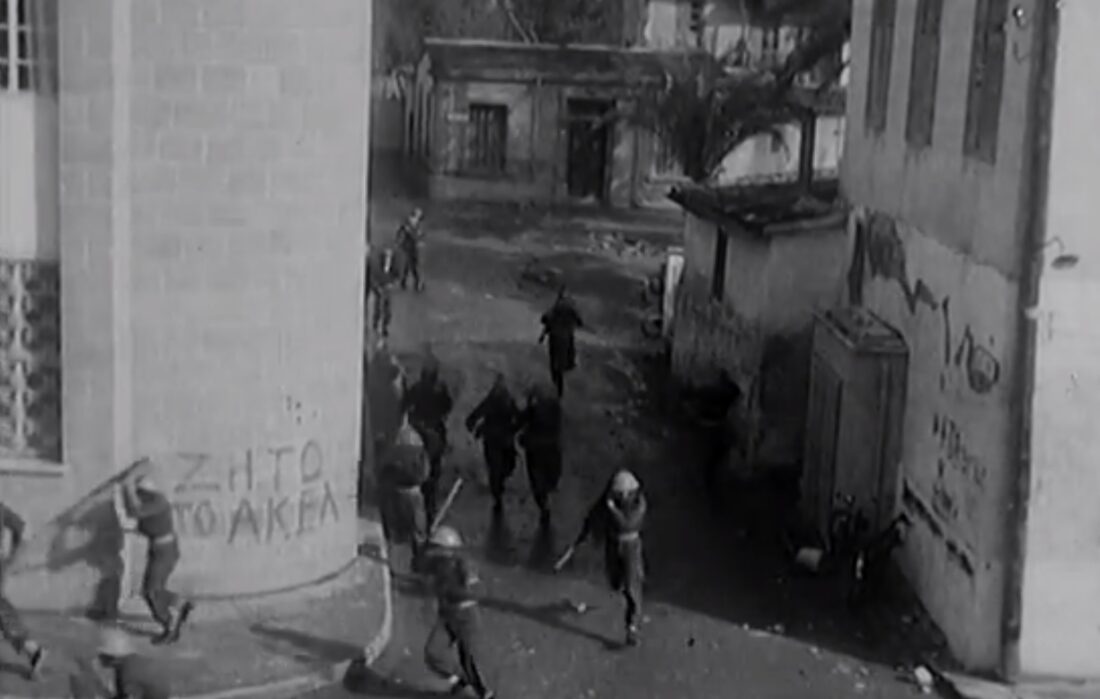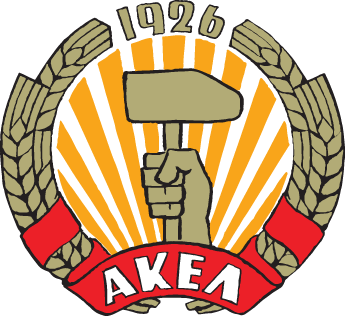
14th December 1955 – AKEL’s prohibition by the British colonialists is a title of honor
AKEL C.C. Press Office, 14th December 2020, Nicosia
14th December 1955 is a milestone day in the history of AKEL and the Cypriot Left. It is the day that British colonialism – for the second time, after the attempt to wipe out the Communist Party of Cyprus in the 1930’s – unleashed a brutal campaign to dissolve AKEL.
In raids carried out all over Cyprus, the British colonialists arrested 135 AKEL leaders and militants, including the General Secretary of the Central Committee, Ezekias Papaioannou, and on the same day, by order of the Colonial Governor Harding, AKEL, the Cyprus Farmers’ Union (EAK), the Pancyprian Organization of Democratic Women (PODG) and the Progressive Youth Organization (AON) were all banned and outlawed. The newspapers “Neos Dimokratis”, “Anexartitos”, “Empros” and the Turkish Cypriot newspaper “Inkilaptsi” were also banned.
The “reason” of the governor’s decree confirms that for the British colonialists AKEL was simultaneously a dangerous anti-colonial force, a hated ideological enemy and the powerful obstacle to the transformation of Cyprus into a NATO base.
In the four years of illegality and underground activity, AKEL confronted British colonialism, but also the extreme right-wing terror unleashed in the two communities that was assassinating militants and members of AKEL and of the mass class-based trade union Pancyprian Federation of Labour (PEO). Not only was AKEL not neutralized and wiped out by the two-fronted anti-communist attack waged against it, but continued with more determination in conditions of illegality the anti-colonial struggle, the mass popular struggles, the organisation of strikes and mobilizations.
The colonialists kept AKEL in illegality, even after the signing of the Zurich-London Agreements, even after the amnesty granted to leading EOKA members and the return of Makarios. It is well known that, together with the Agreements granting independence, the Prime Ministers of Greece and Turkey had both secretly concluded the notorious “Gentlemen’s Agreement” with the goal of banning the Communist Party and communist activity in Cyprus. AKEL, however, imposed its legalisation with a campaign of months-long mobilizations that shook the island and culminated in the massive rally organised in June 1959, where 100,000 people demanded an end to the prohibition of the country’s biggest political force.
The prohibition of the Party by the British colonialists is a title of honor for AKEL and the People’s Movement of the Left. It completely dispels the extreme-right myths cultivated about AKEL and confirms that the enemies of Cyprus have always considered the existence, struggles and strength of AKEL as their big obstacle. It also confirms the strength of the Cypriot Left to emerge – even after facing the greatest of ordeals – a more mass and stronger force, and more rooted in the people.




